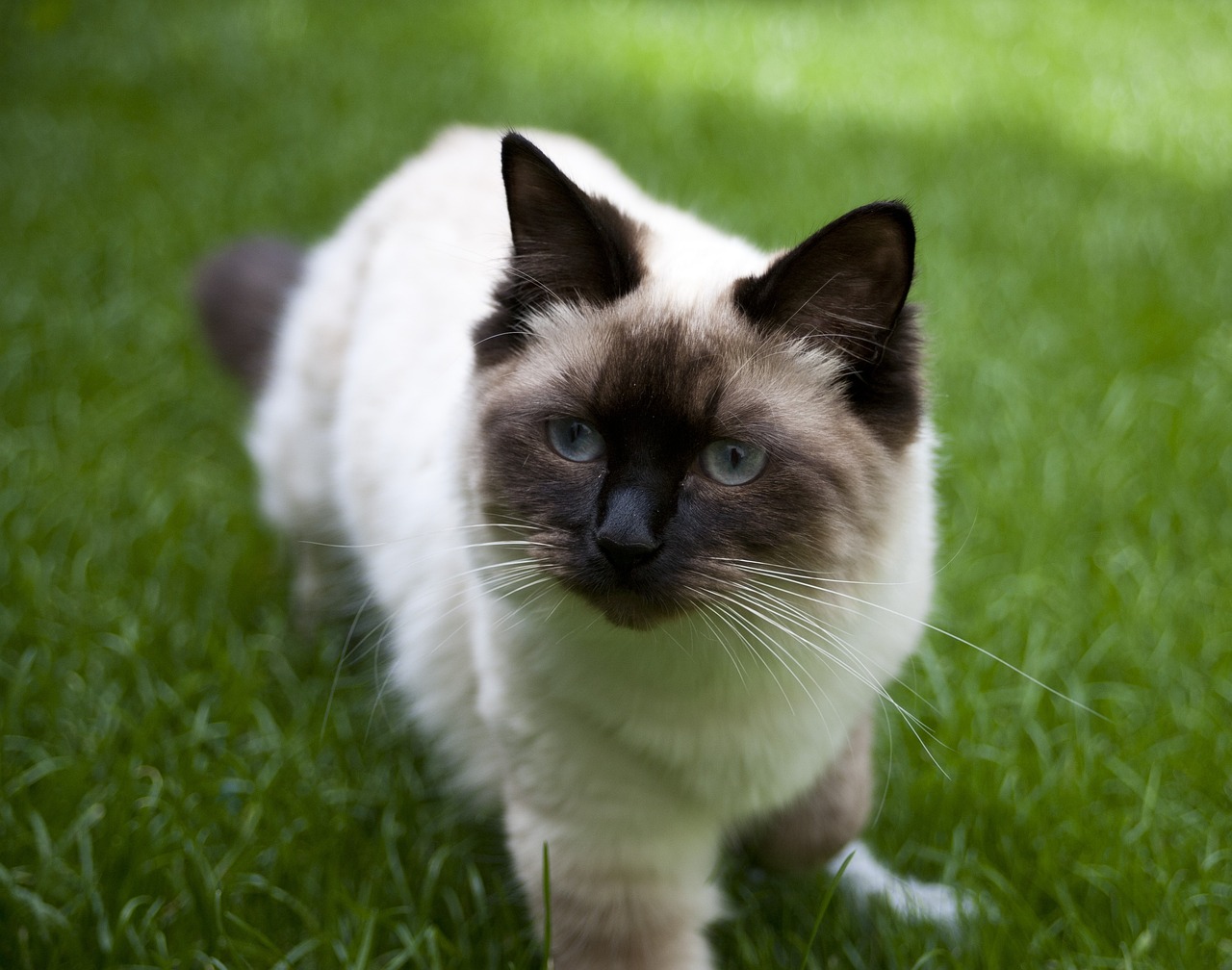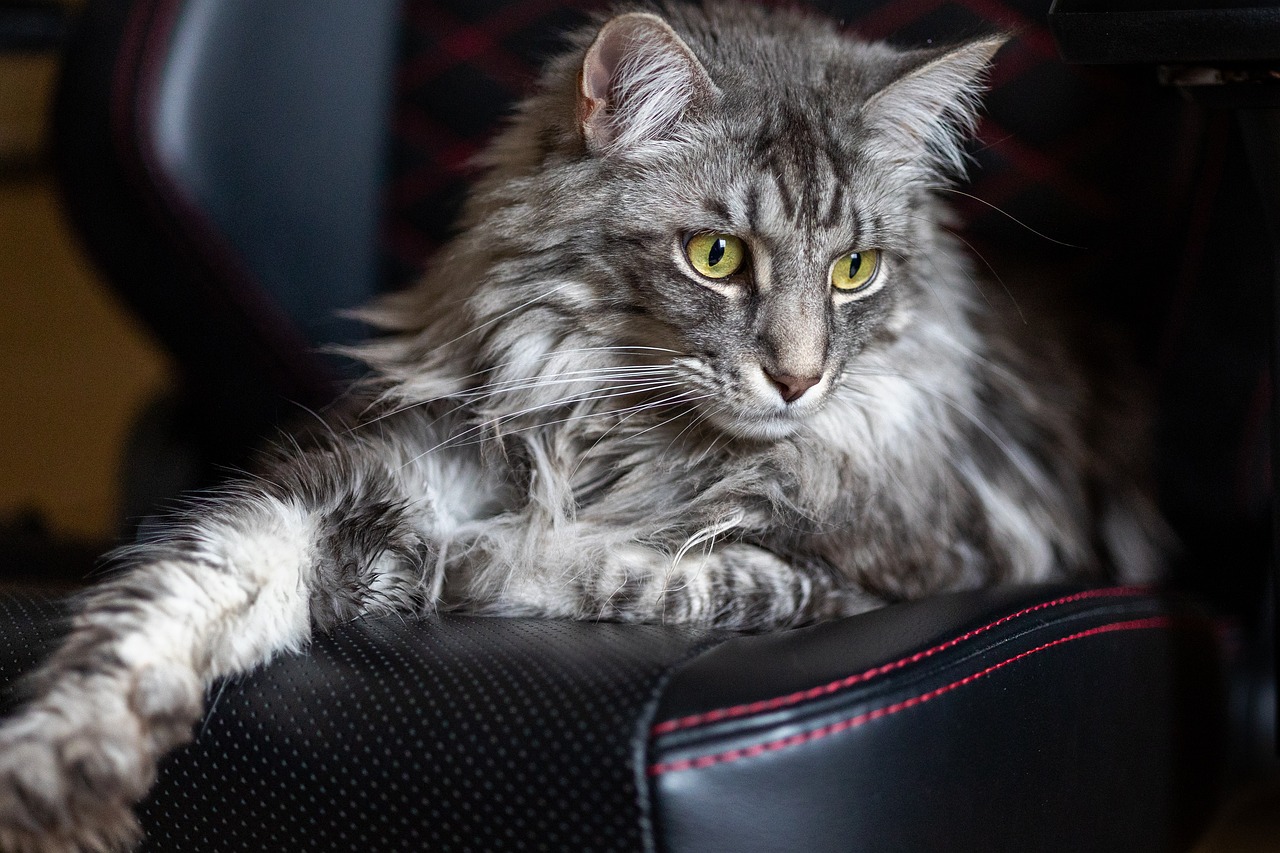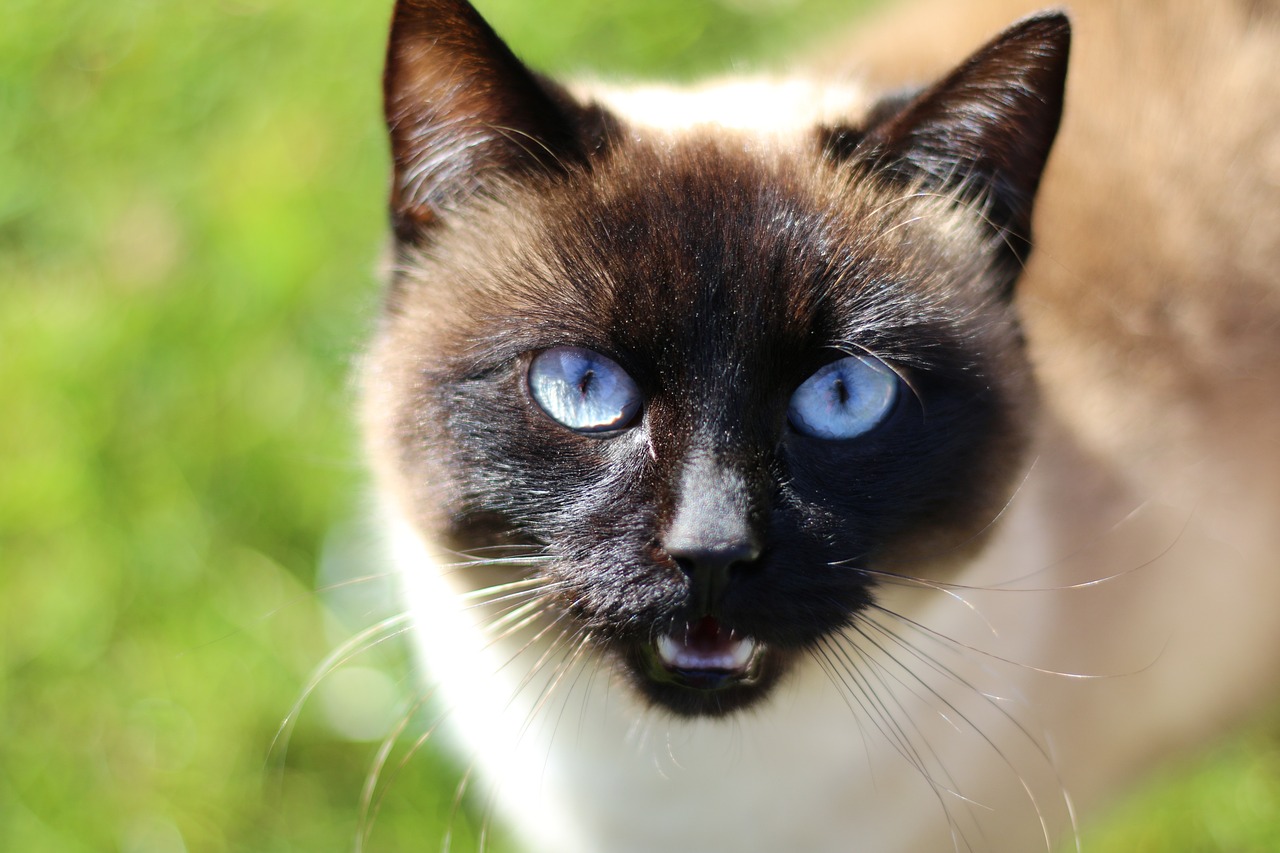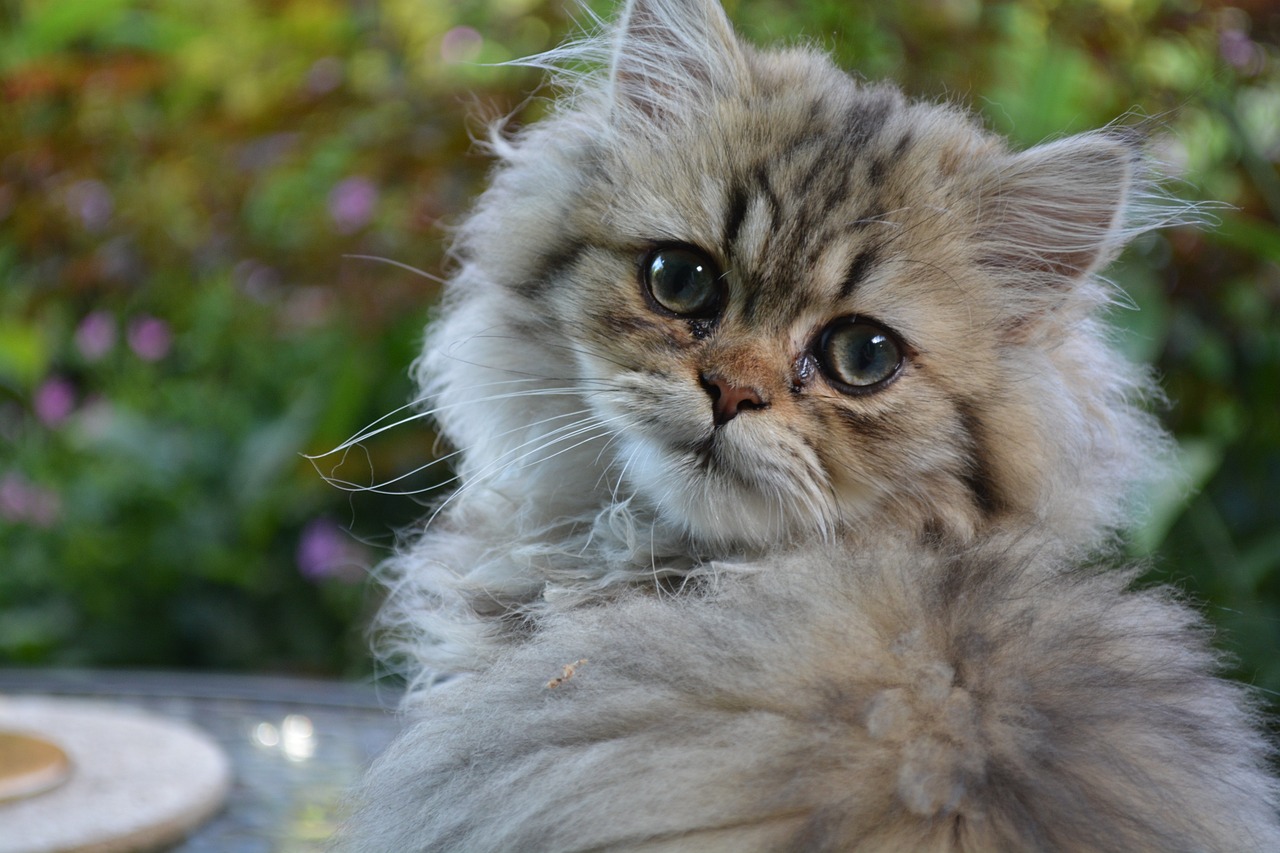In an era where mental health awareness is increasingly recognized as a vital aspect of overall well-being, therapy and emotional support animals have become invaluable companions for many individuals. Among these supportive pets, cats, with their soothing purrs and affectionate natures, have emerged as perfect candidates for offering comfort and alleviating emotional distress. Certain cat breeds, known for their empathetic and gentle personalities, stand out as particularly suited for therapy and emotional support roles. These breeds possess the unique ability to sense their owner’s emotional state and offer comfort through their presence, touch, and behavior. This article will explore the five best cat breeds for therapy and emotional support, delving into the specific traits that make them ideal for this important role. Additionally, the value of mixed breeds and rescues as equally capable support animals will be highlighted, emphasizing that love and connection are not breed-specific.
1. Ragdoll
Ragdolls are renowned for their gentle and placid nature, often going limp with contentment when held, which is how they received their name. This breed’s predisposition for calmness and affection makes them exceptional therapy and emotional support animals. Ragdolls are known to be incredibly patient and have a knack for picking up on their owner’s emotions, often providing comfort with their presence. Their tendency to remain relaxed and composed, even in unfamiliar settings, allows them to offer a stable source of support and companionship. The Ragdoll’s loving nature and tendency to follow their owners around contribute to their effectiveness in providing emotional support, making them an ideal choice for individuals facing emotional challenges.

2. Maine Coon
Maine Coons, often referred to as gentle giants, are not only one of the largest domestic cat breeds but also one of the most nurturing. Their friendly, easygoing nature makes them excellent companions for therapy and emotional support. Maine Coons are known for their sociability and adaptability, comfortably interacting with both adults and children. They are intuitive cats that can sense their owner’s mood and offer comfort through their physical presence, often with a soft purr or a nuzzle. Their playful demeanor can also provide a welcome distraction during difficult times, making them well-suited to therapeutic environments where their calming influence and interactive play can be highly beneficial.

3. Siamese
Siamese cats are highly social and form deep bonds with their owners, making them outstanding candidates for emotional support roles. They are known for their vocal communication, often “talking” with their owners in a comforting manner. This breed’s need for interaction and affection means they are constantly seeking ways to be close to their human companions, providing constant emotional support. Siamese cats are also highly perceptive, able to pick up on and react to their owner’s feelings, offering their presence as a source of comfort. Their energetic and playful nature can help lift spirits, making them a great choice for those in need of emotional upliftment.

4. Persian
Persians are synonymous with grace and calmness, traits that make them excellent therapy and emotional support cats. Their serene demeanor provides a calming influence, ideal for individuals seeking a tranquil companion. Persians enjoy affection and are more than happy to spend hours on a lap, being petted, which can be soothing for people with anxiety or depression. Despite their luxurious fur needing regular grooming, this can actually serve as a therapeutic activity, further enhancing the bond between cat and owner. Their quiet nature makes them suitable companions in therapy sessions, where their presence alone can offer great comfort.

5. Burmese
Burmese cats are known for their affectionate, people-oriented nature, often described as “dog-like” in their loyalty. This breed thrives on human interaction and forms strong bonds with their owners, making them perfect for emotional support. They are incredibly empathetic and tend to stay by their owner’s side, offering physical warmth and comfort. Burmese are playful and curious, qualities that can bring joy and distraction to those in need of emotional relief. Their ability to provide consistent companionship and affection makes them an excellent choice for therapy and emotional support roles.

Mixed Breeds and Rescues
While purebred cats have specific traits that may make them suitable for therapy and emotional support, mixed breeds and rescues should not be overlooked. These cats often possess a unique combination of qualities that can make them just as effective in providing comfort and companionship. Adopting a mixed breed or rescue cat not only gives a loving home to an animal in need but also offers the opportunity for a special bond to form. Many rescues have overcome challenges themselves, making them incredibly empathetic and understanding companions. Their gratitude for a second chance can translate into profound emotional support, emphasizing that the capacity to offer love and comfort transcends breed.
In conclusion, cats can play a significant role in therapy and emotional support, offering comfort, companionship, and a calming presence to those in need. Whether choosing a specific breed known for its therapeutic qualities or adopting a mixed breed or rescue, the key is the unique bond that forms between the cat and its owner. This connection can become a powerful tool in emotional healing and support, showcasing the incredible impact that pets can have on human well-being.

